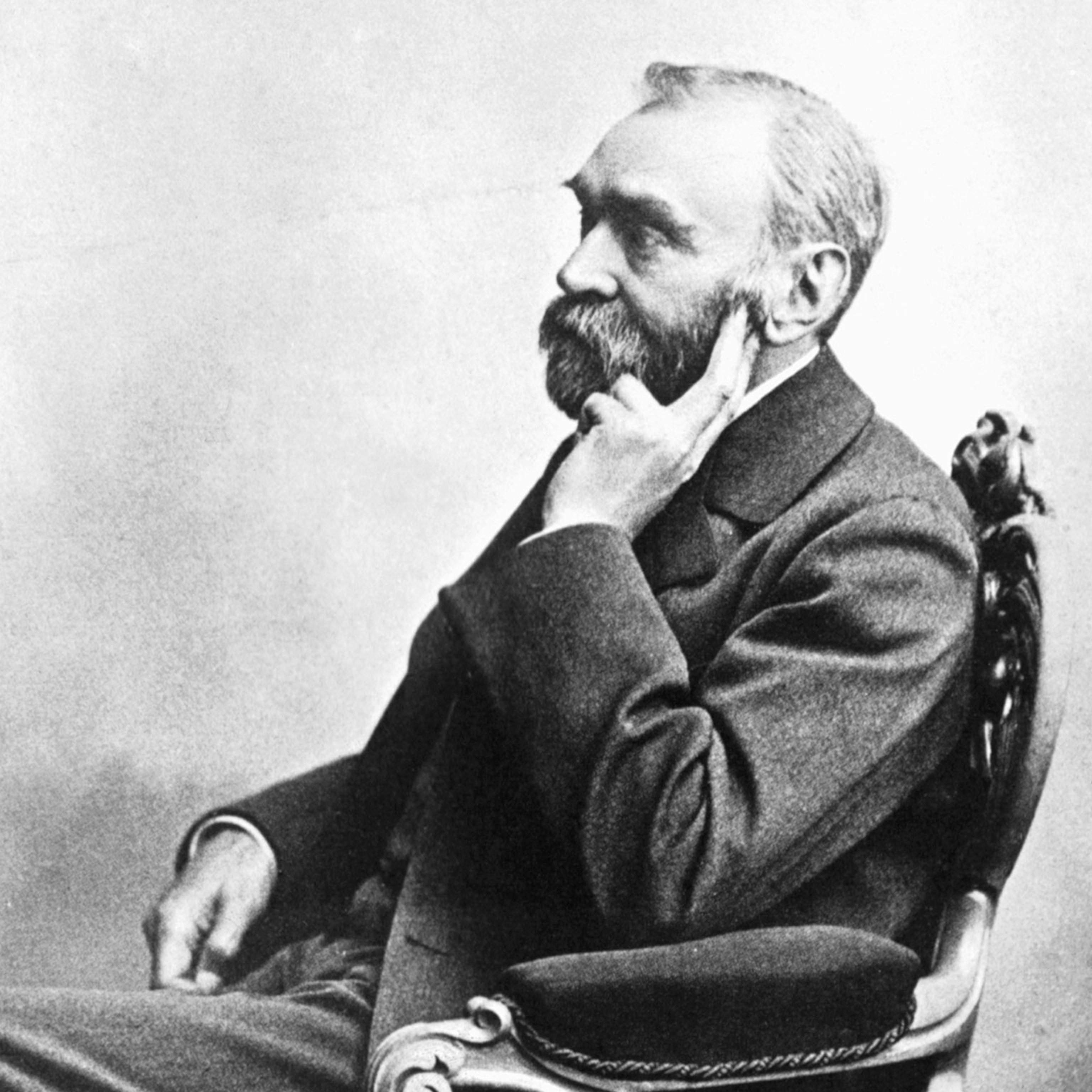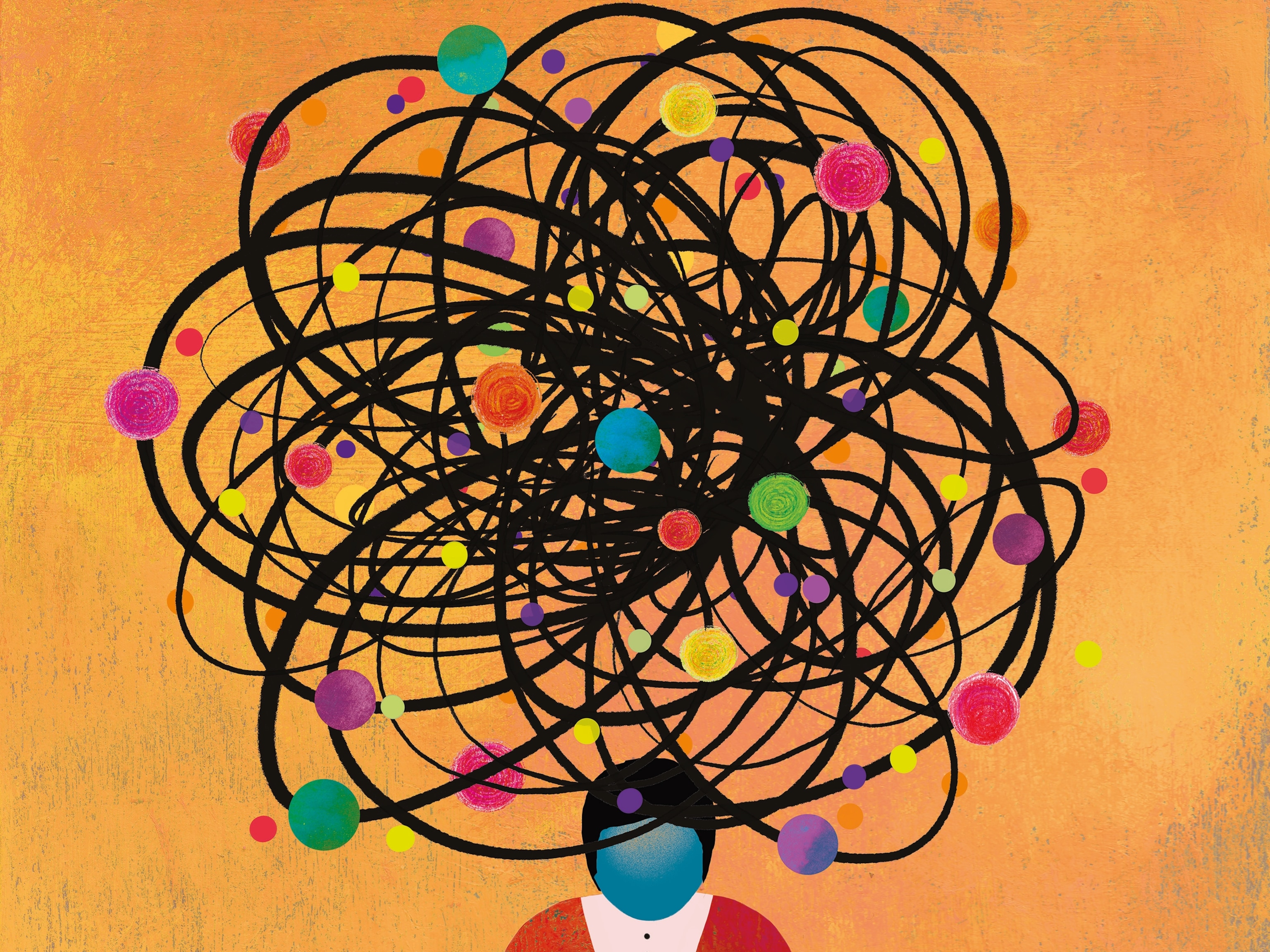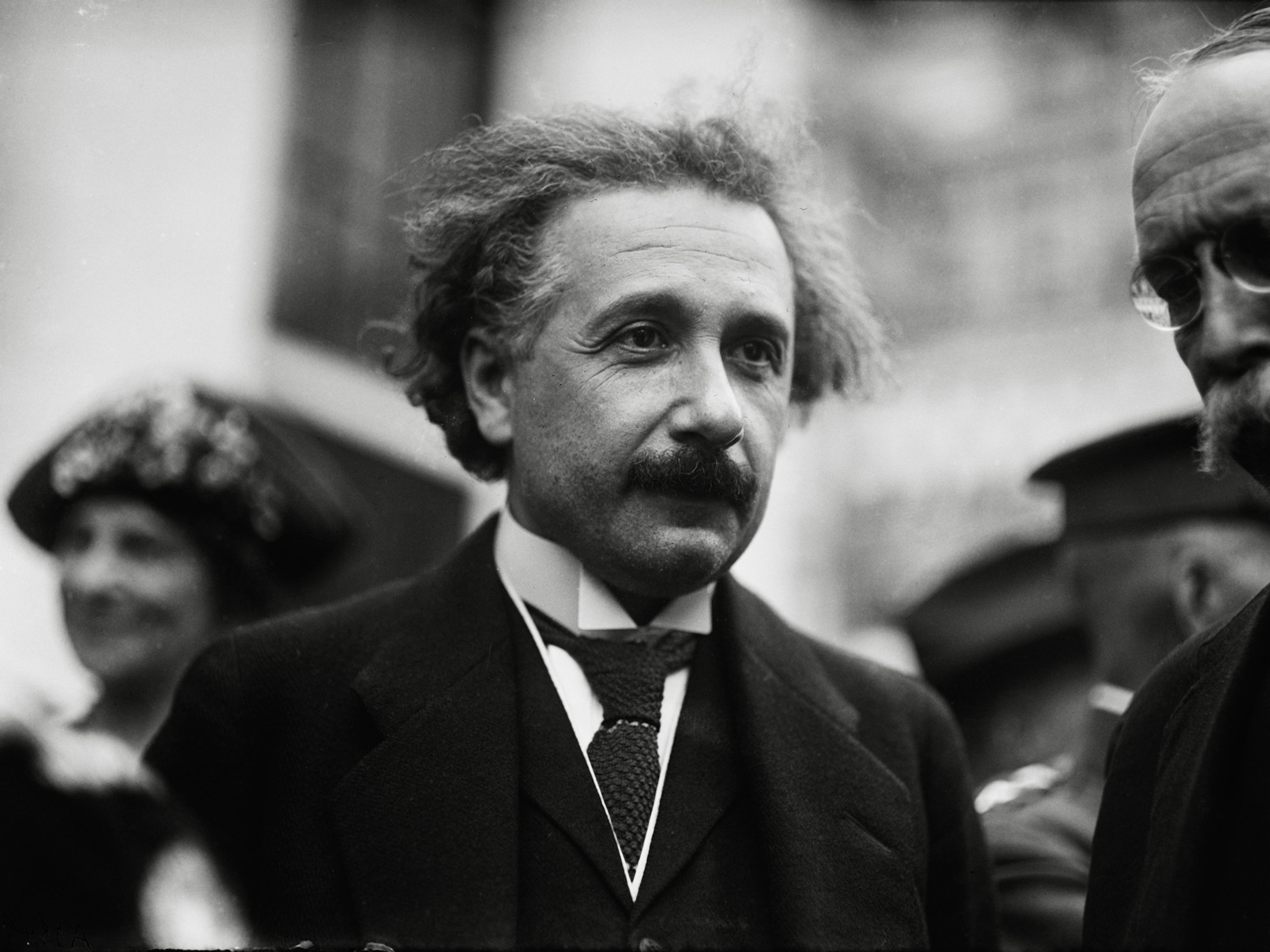Why did history unfold differently on different continents? Why has one culture—namely that of Western Europe—dominated the development of the modern world?
In his Pulitzer Prize-winning book Guns, Germs and Steel, scientist Jared Diamond argues that the answer is geography. The physical locations where different cultures have taken root, he claims, have directly affected the ability of those societies to develop key institutions, like agriculture and animal domestication, or to acquire important traits, like immunity to disease.
Now the book has been turned into a three-part National Geographic Special, which airs on PBS on three consecutive Mondays, July 11, July 18, and July 25, at 10 p.m.
National Geographic News spoke with Diamond, a professor of geography, environmental health science, and physiology at the University of California in Los Angeles.
Why over the past 10,000 years has the development of different societies proceeded at such different rates?
I say the answer is location, location, location. It's overwhelmingly due to the difference in the wild plant and animal species suitable to domestication that the continents made available. All the interesting stuff like technology, writing, and empires requires a productive economy that is producing enough food to feed technological experts, bureaucrats, kings, and scribes. Hunter-gatherer societies don't produce enough food surpluses to support those extra people.
Where did the first farming societies appear?
The first farming, as far as we know, appeared in [the Middle East region known as] the Fertile Crescent some 11,500 years ago, and shortly thereafter in China. These places had the greatest variety of wild plants and animals suitable for domestication. Only a tiny fraction of wild plants and animals were both useful and possible to domesticate. Those few species were concentrated in a few areas, of which the two with the greatest variety were the Fertile Crescent and China.
What were the benefits of the agricultural lifestyle compared to the hunter-gatherer existence?
Farming lets you feed far more people than hunting and gathering. In a one-acre [0.4-hectare] wheat field there's more to eat than in a one-acre forest. In a one-acre sheep pasture, there are more animals to eat than in a one-acre forest. Also, farming lets you settle down in villages next to your wheat fields and pastures, whereas hunter-gatherers have to move around.
You point out that knowledge and new technology spread east and west much easier than north and south.
The reason is easy to understand if one understands geography. Climate, temperature, seasons, and habitat all depend strongly on latitude. Above 85 degrees north, you don't have tropical rainforest, you have Arctic ice fields. Certainly plants and animals tend to be adapted to particular habitats and climates. The same is also true of people. The practices of the farming societies in the Fertile Crescent are easily transferred west [to Europe].
What is the link between agriculture and war?
Farming makes possible the development of technology, including military technology. Wars are not something new invented by those nasty Europeans. Everyone about whom we have enough knowledge has been involved with wars. Groups of people are competing with neighbor groups, and any group that develops some advantage is likely to be able to fight off, conquer, drive out, or exterminate their rivals. Throughout human history there's been this reward for developing more potent technology, including military technology.
The Spaniards certainly used weapons technology to their advantage in defeating the Incas.
In the battle of Cajamarca [in 1532, in what is now Peru], 169 Spaniards faced an army of 80,000 Inca soldiers. In the first ten minutes, there were 7,000 Incas dead. When the dust settled, not a single Spaniard was dead. [Spanish conquistador] Francisco Pizarro got a slight wound. That's because the Spaniards have the steel sword and the Incas have wooden clubs. It really showed the power of military technology.
In a way, the Spaniards also unwittingly deployed powerful biological weapons, including smallpox.
It is estimated that 95 percent of Native American casualties throughout North and South America were due to disease rather than military conquest. Smallpox killed about 50 percent of the Incas in the first epidemic.
Why did the Spaniards pass this disease on to the Incas and not the other way around?
It turns out that most of the nasty, infectious diseases of human history came to us from domestic animals. Thirteen of the fourteen herd domestic animals were Eurasian species. The only herd domestic animal of the New World was the llama, but the llama didn't live in really big herds. So we didn't get diseases from llamas, but we did get diseases from pigs and sheep. And Eurasian people in general got exposed to these diseases at childhood and therefore developed an immune system. In the New World, smallpox arrives and nobody is exposed to it, so it's hitting everybody, including adults.
When the European settlers arrived in southern Africa, it was the same story at first. But as the settlers went north, they soon began to encounter problems.
People of the north were farmers themselves, and it's possible that they had been exposed to smallpox. What we're sure of is that Africans had tropical diseases [such as malaria] to which they had some resistance. But Europeans did not have resistance. In tropical Africa, the disease advantages were reversed. Instead of Europeans carrying diseases that wipe out the locals, the locals carry diseases that wipe out the Europeans. That's why the Europeans never settled in large numbers in Africa outside of the temperate zone of southern Africa and the highlands of Kenya.
Africans developed complex farming societies, and they were able to stave off the European intruders. Yet ultimately the Europeans conquered Africa through colonialism. Is that why much of modern Africa is mired in poverty?
Africa today, paradoxically, is the poorest continent. I say paradoxically because this is where humans evolved, so [humans] had a huge head start in Africa. Tropical diseases kept the Europeans out at first, but those tropical diseases nonetheless pose a big public health and economic burden on Africa today. That is linked with colonialism. Europeans could not settle in large numbers, but what they still could do was to extract wealth from Africans, initially slaves, then rubber, diamonds, and copper. Basically that means robbing Africans and setting up legalized institutions for corruption. Colonialism also changed the Africans' traditional way of life. They moved to cities next to the mines where their immunities no longer provided protection against tropical diseases.
There is a scene in the film where you react very strongly to seeing some children dying of malaria in a Zambian hospital. Is there a disconnect between thinking about these huge issues as a prominent academic and seeing them in action up close?
There is a difference between understanding something intellectually and having something in your face. When I wrote Guns, Germs and Steel, I had a whole chapter on Africa and a chapter on diseases in Africa. I was perfectly aware of the statistics on malaria and so forth, but that is impersonal and sanitized. It's different from standing there in a hospital and seeing kids who were then the age that my kids had been and having flashbacks to one of my own kids in a hospital. That's just an emotional experience and very different from the sanitized statistics.
Do you worry that audiences may sense an inevitability in your argument—as if we're destined to be either poor or wealthy depending on where we are born, and that there is not much we can do about it?
If you make a complex argument, there will be people out there who will simplify and misuse it. I recognize that there are people who will say geography deals out these immutable cards and there's nothing we can do about it. But one can show the evidence and say there is something we can do about it. Look at Malaysia, Singapore, Taiwan. They recognized that their biggest disadvantage was public health. They didn't say, We got these tropical diseases—it's inevitable. Instead they said, We have these tropical diseases and they are curable and all it takes is money so let's invest in curing the diseases. Today they are rich, virtually First World countries. That shows that poverty is something you can do something about.
People have a misunderstanding that geography means environmental determinism, and that poor countries are doomed to be poor and they should just shut up and lie down and play dead. But in fact, knowledge is power. Once you know what it is that's making you poor, you can use that knowledge to make you rich.







